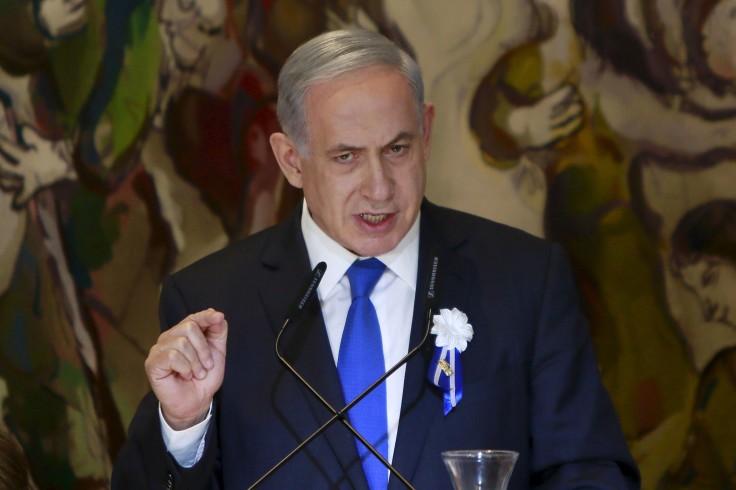Will Israel Attack Iran? Israeli Official Refuses To Rule Out Military Action

Israel has not ruled out the use of force in dealing with Iran's nuclear program, a member of the Cabinet said Monday, despite the deal reached last week between Iran and six world powers to limit it. Israeli leaders have been critical of the draft agreement, saying it would still allow the country to build a nuclear weapon.
"It's still on the table. It’s going to remain on the table," Yuval Steinitz, the Israeli minister for strategic affairs, said of a so-called military option, the Associated Press reported. "It's our right and duty to decide how to defend ourselves, especially if our national security and even very existence is under threat."
Steinitz added that in the coming months, Israel would aim to persuade the countries involved in the nuclear negotiations -- the U.S., U.K., Germany, Russia, China and France -- to ensure that a final deal, which the world powers hope to reach in June, would do more to limit Iran’s nuclear program. Because Iranian politicians have previously called for its destruction, Israel considers Iran an existential threat. Iran also supports militant groups like Hezbollah, which periodically lobs missiles into Israel from Lebanon.
The deal reached by negotiators Thursday will ease economic sanctions imposed on Iran while curbing its ability to build a nuclear bomb, in part by reducing Iran's stockpile of enriched uranium and converting existing nuclear facilities so that they cannot be used to make weapons. The deal also requires Iran to submit to international inspections of its nuclear program.
Israeli Prime Minister Benjamin Netanyahu has called the agreement a "bad deal," arguing that it fails to sufficiently dismantle Iran's nuclear program. Israel, which is universally believed to have its own nuclear weapons program, has also suggested that a regional arms race would be launched if Iran acquired nuclear capabilities.
© Copyright IBTimes 2025. All rights reserved.






















